Testosterone is a crucial hormone that plays a vital role in muscle mass, fat distribution, bone density, and sexual function, particularly in men. Low testosterone, also known as hypogonadism, can lead to various health problems, including fatigue, decreased libido, and a reduction in muscle strength. While testosterone naturally declines with age, many men seek ways to either prevent or treat low testosterone levels. Natural testosterone boosters are a popular approach for those looking to enhance their hormone levels naturally.
In this guide, we will explore the science behind natural testosterone boosters and how they work.
What Are Natural Testosterone Boosters?
Testosterone boosters are supplements designed to increase the body’s production of testosterone or improve its bioavailability. These boosters can range from natural herbs and vitamins to synthetic hormone treatments. Men typically turn to these solutions when experiencing low testosterone, which can cause several health issues including reduced muscle mass, fatigue, and sexual dysfunction.
It’s important to note that while natural testosterone boosters are widely available, the efficacy of each can vary based on individual needs and the specific cause of testosterone deficiency.
Top 7 Natural Testosterone Booster Supplements: Do They Really Work?
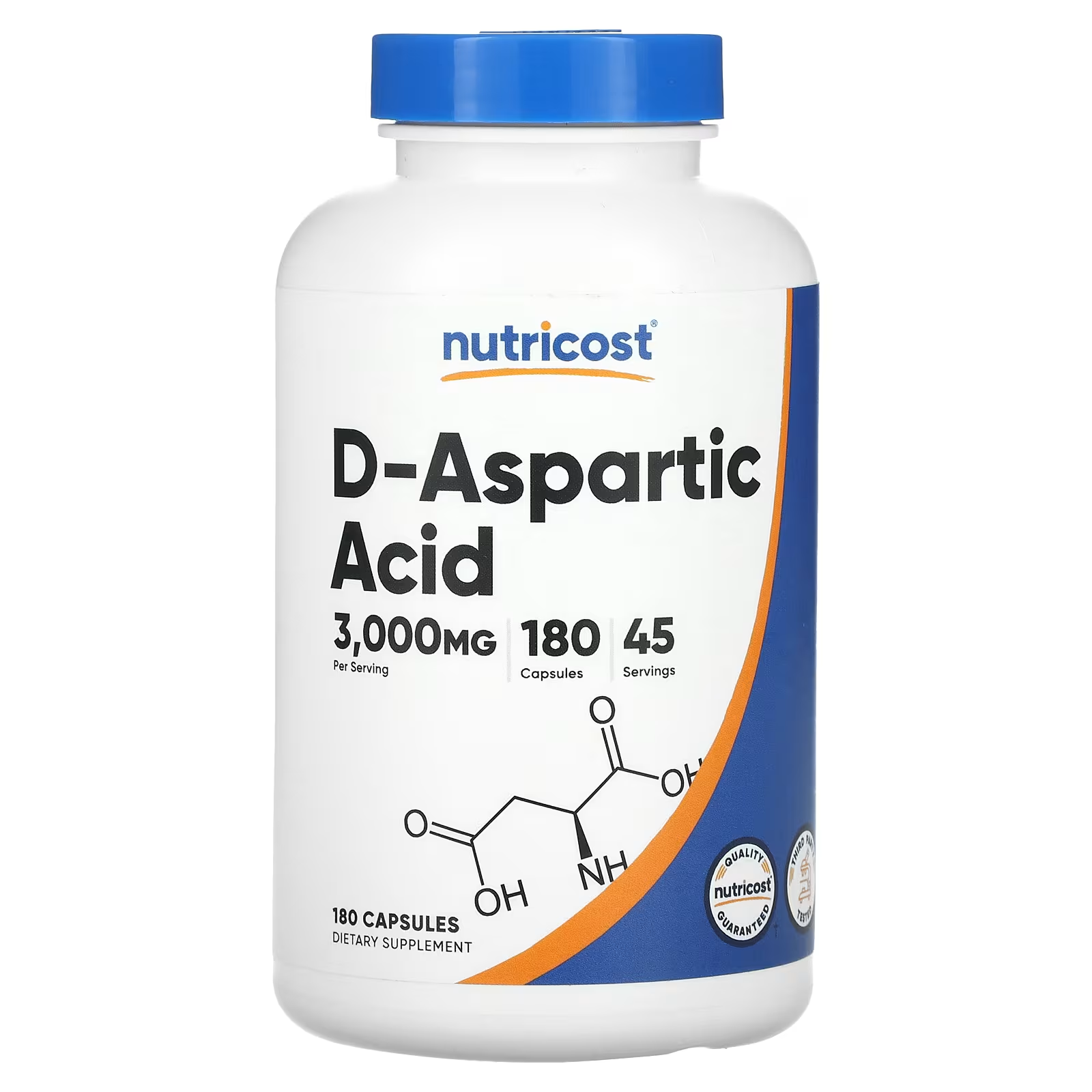
1. D-Aspartic Acid– D-Aspartic Acid is a natural amino acid that may help boost testosterone by increasing the production of luteinizing hormone, which stimulates the testes to produce more testosterone. Research suggests that this amino acid can significantly increase testosterone levels in men who are deficient in the hormone, especially after workouts (NIH).
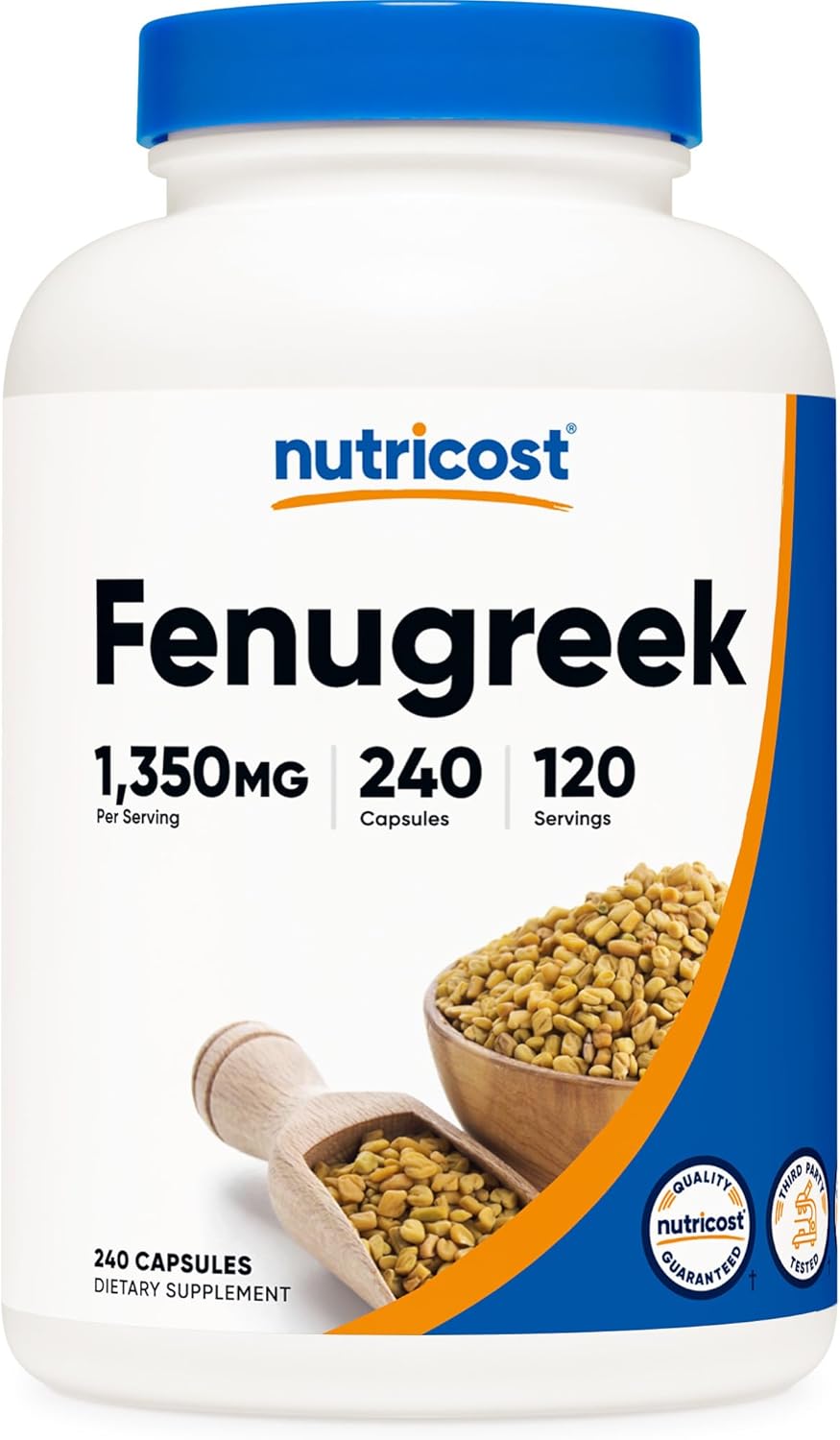
2. Fenugreek– Fenugreek is a popular herb in natural testosterone-boosting supplements due to its potential ability to enhance both testosterone and sexual function. Clinical studies have shown that men who took fenugreek supplements saw improvements in strength, libido, and overall testosterone levels (NHS).
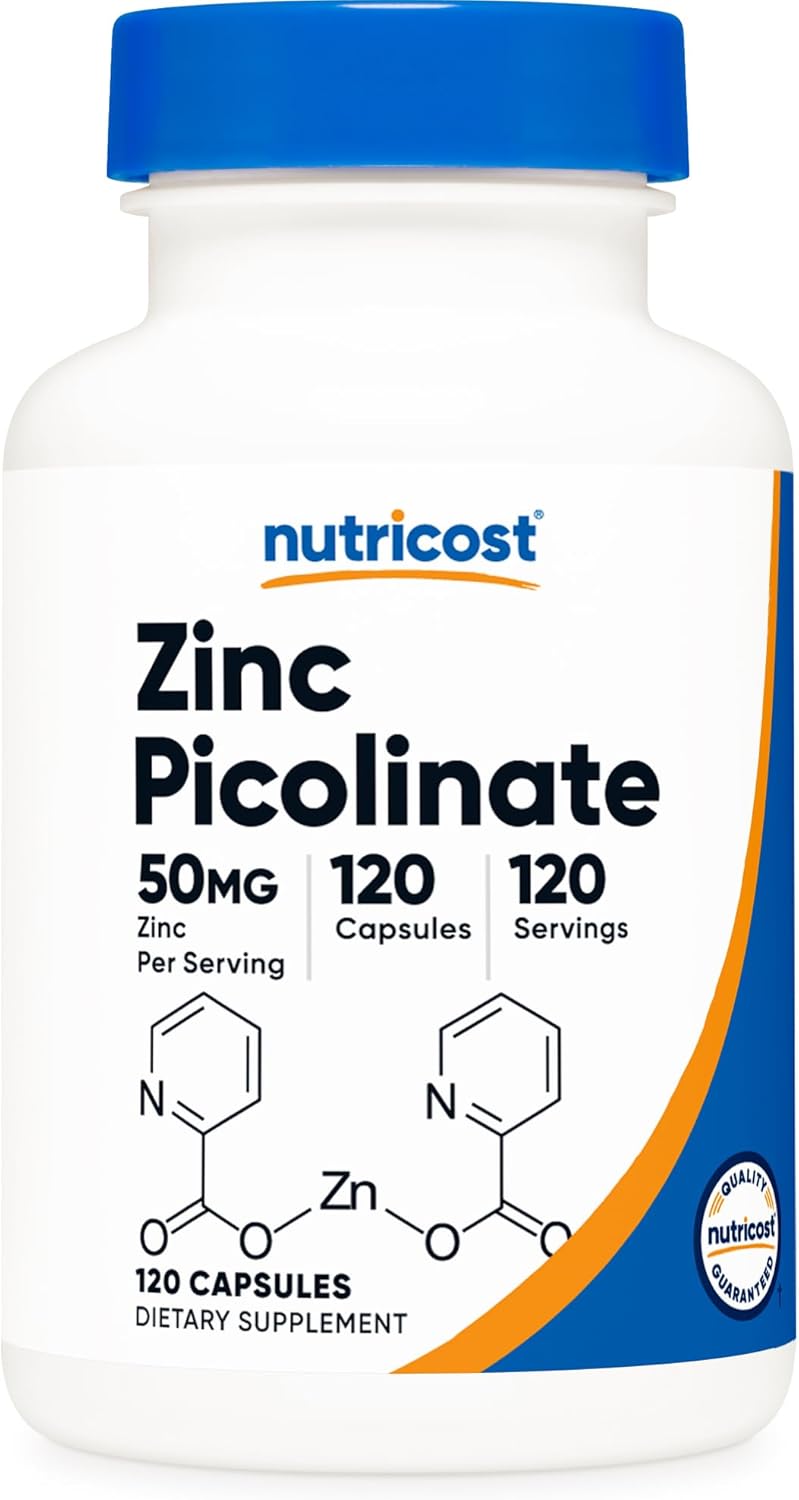
3. Zinc– Zinc is a critical mineral for testosterone production, particularly in men who are deficient in it. Studies have demonstrated that zinc supplementation can lead to significant increases in testosterone, especially in athletes or individuals with physical demands (NIH).
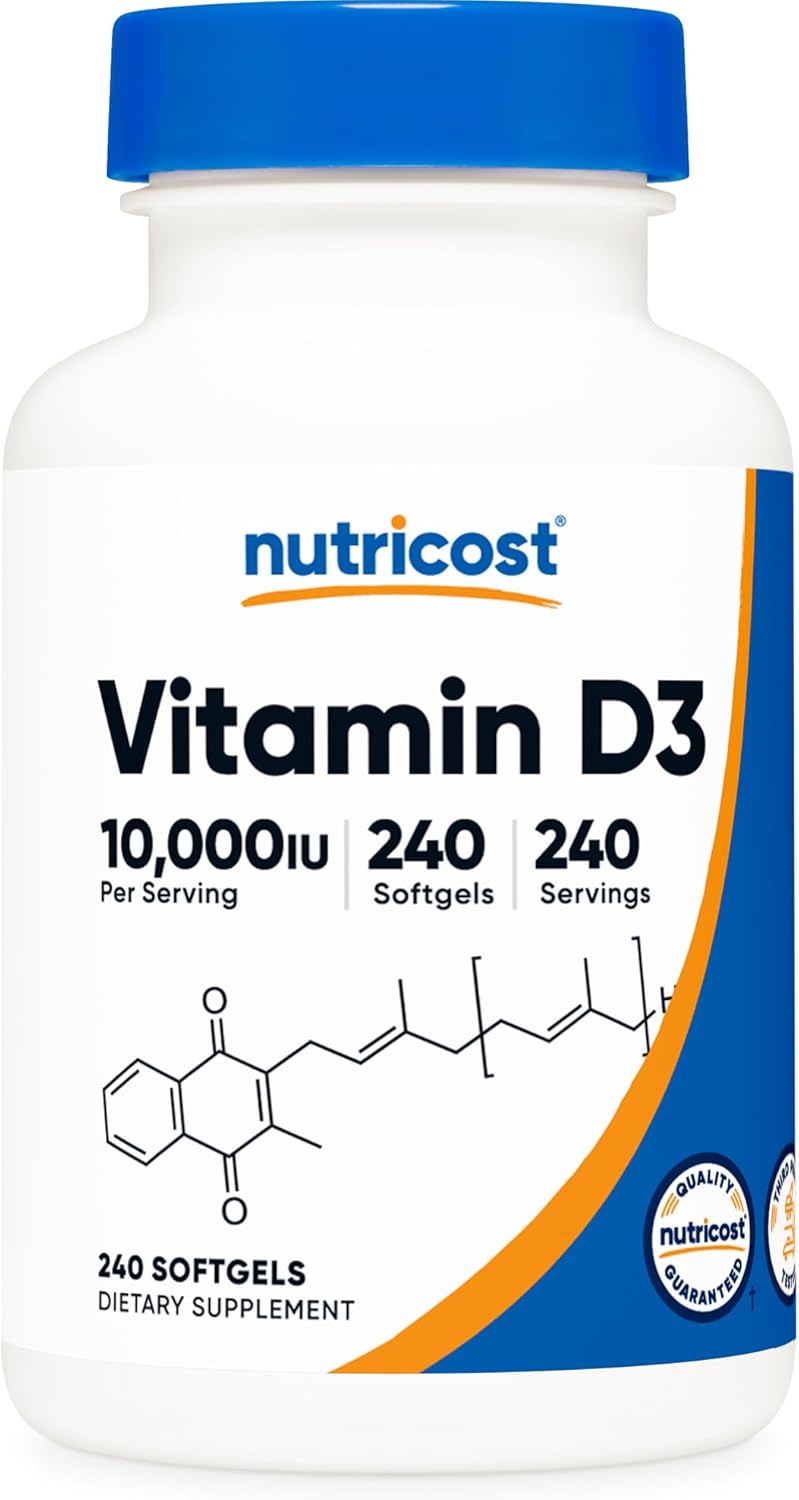
4. Vitamin D– Known as the “sunshine vitamin,” Vitamin D is crucial for overall hormone balance. Research has shown a positive correlation between Vitamin D levels and testosterone production, with men deficient in Vitamin D often experiencing lower testosterone levels. Supplementing with Vitamin D can be beneficial, especially in areas with limited sun exposure (NIH).
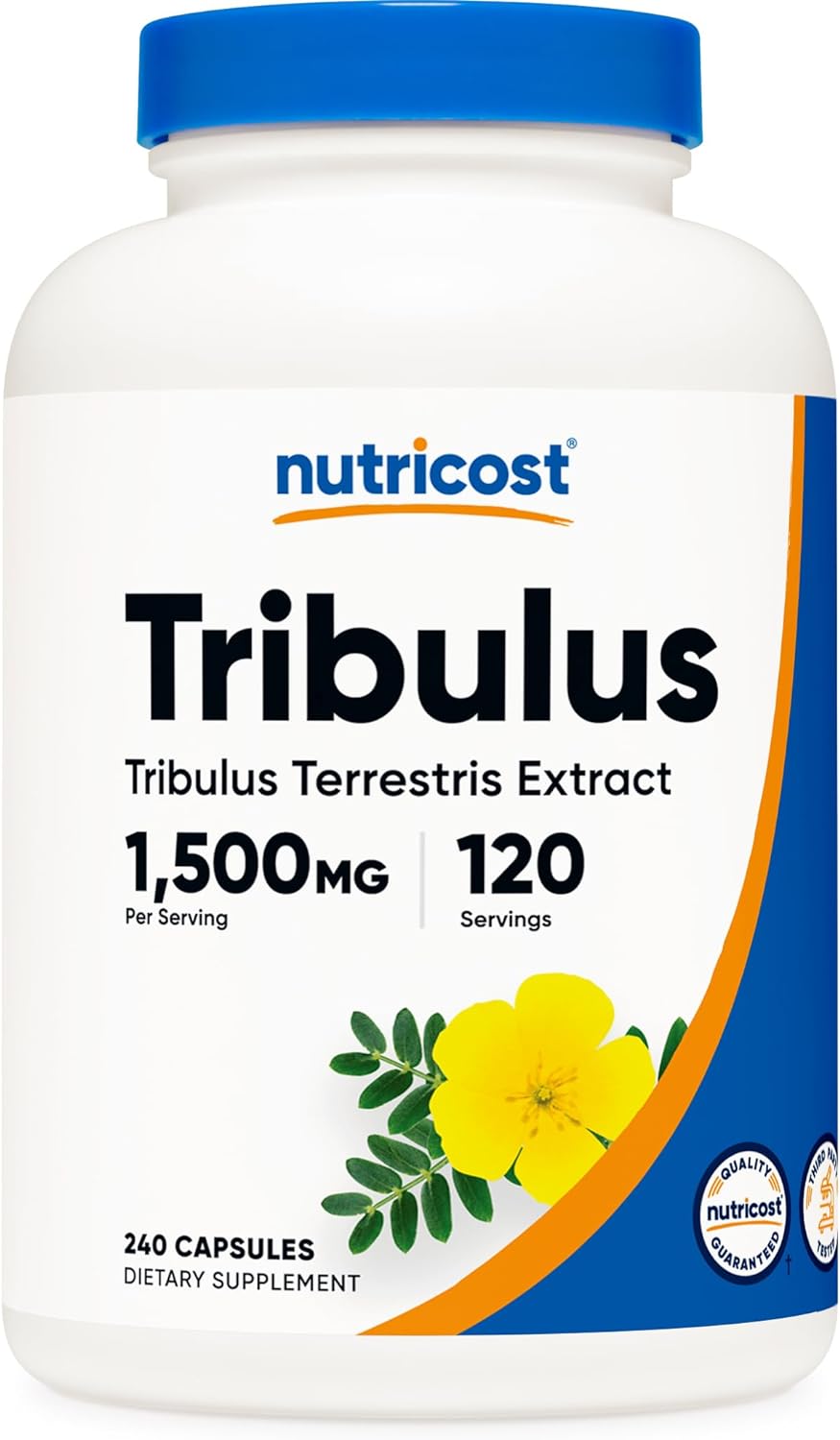
5. Tribulus Terrestris– This plant extract has been traditionally used in alternative medicine to boost testosterone naturally and improve sexual function. Some studies support the use of Tribulus for mild increases in testosterone and libido, though more research is needed to confirm its full effectiveness (PubMed).
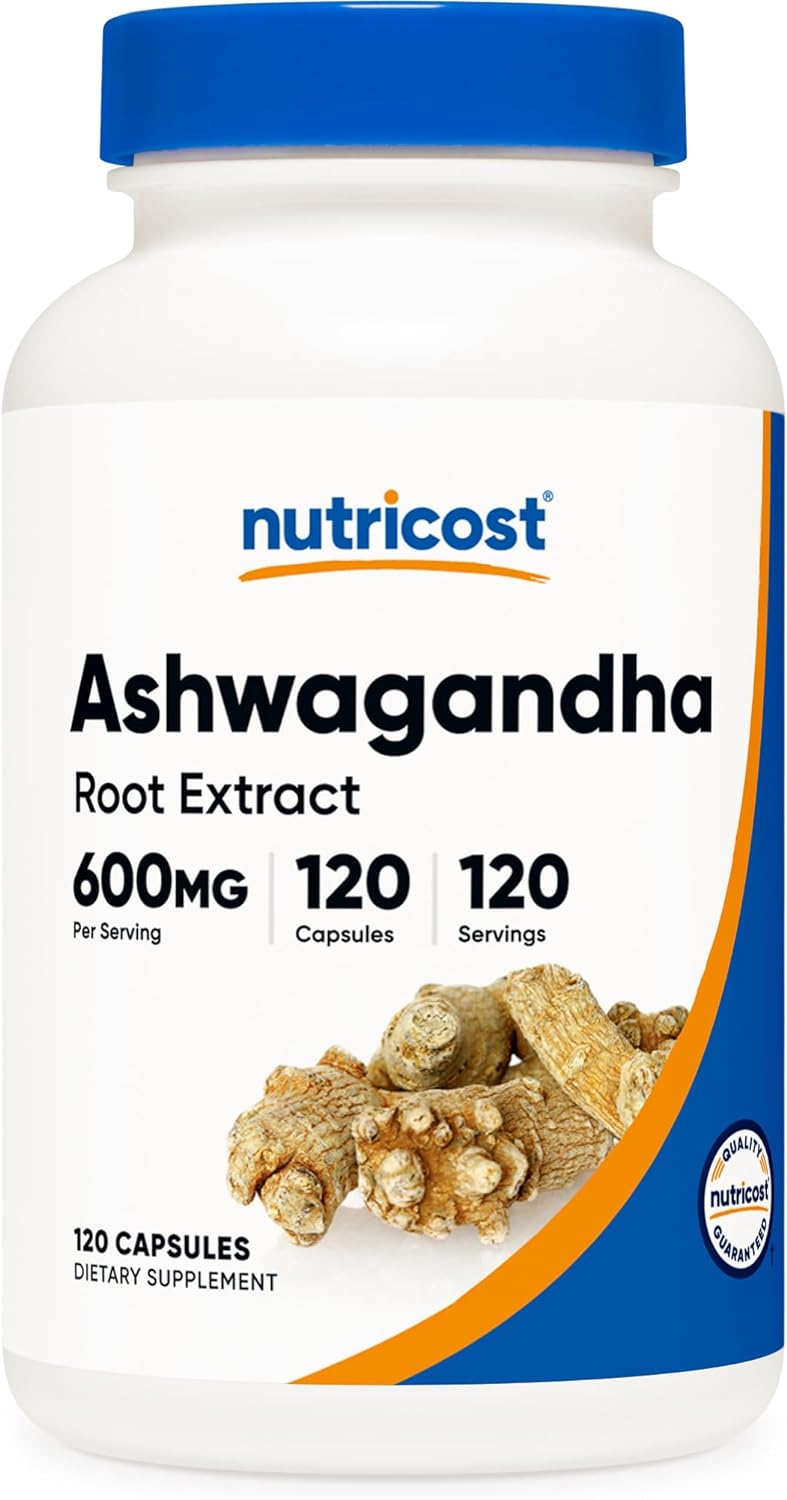
6. Ashwagandha– A powerful adaptogen, Ashwagandha has been shown to reduce stress, which can indirectly improve testosterone levels. Stress elevates cortisol, a hormone that suppresses testosterone, so reducing cortisol through stress management or supplements like Ashwagandha may help testosterone production (NIH).
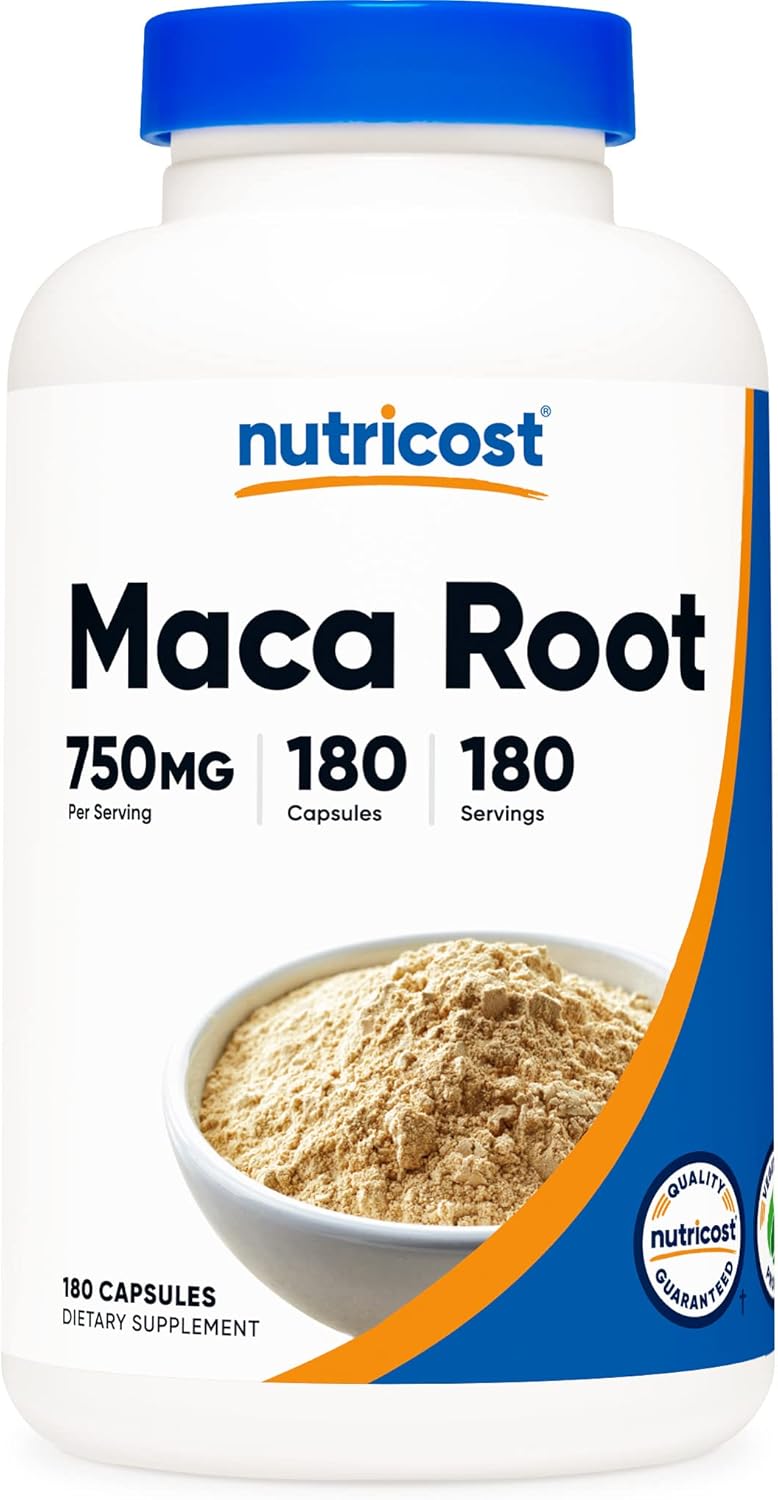
7. Maca Root– Maca Root, native to the high Andes of Peru, has been used for centuries to boost libido and fertility. While it does not directly increase testosterone levels, studies have shown that it can improve sexual function, energy, and mood in men, making it a valuable component in testosterone booster supplements. Its ability to balance hormones and combat fatigue makes it a great addition to any supplement regimen aimed at enhancing overall male health (NIH). Maca is also praised for its adaptogenic properties, which help the body cope with stress, indirectly supporting a healthy endocrine system.
This powerful natural testosterone booster combines four potent, natural ingredients for maximum effectiveness. Fenugreek is included to enhance testosterone levels and improve strength and libido, while Ashwagandha works to reduce stress and cortisol, supporting overall hormonal balance. Maca Root adds a boost in energy, stamina, and sexual function, making it ideal for improving vitality without directly affecting testosterone. Finally, Ginseng rounds out the formula with its well-known ability to increase endurance and promote sexual health, offering a comprehensive approach to naturally boosting testosterone and overall male wellness.
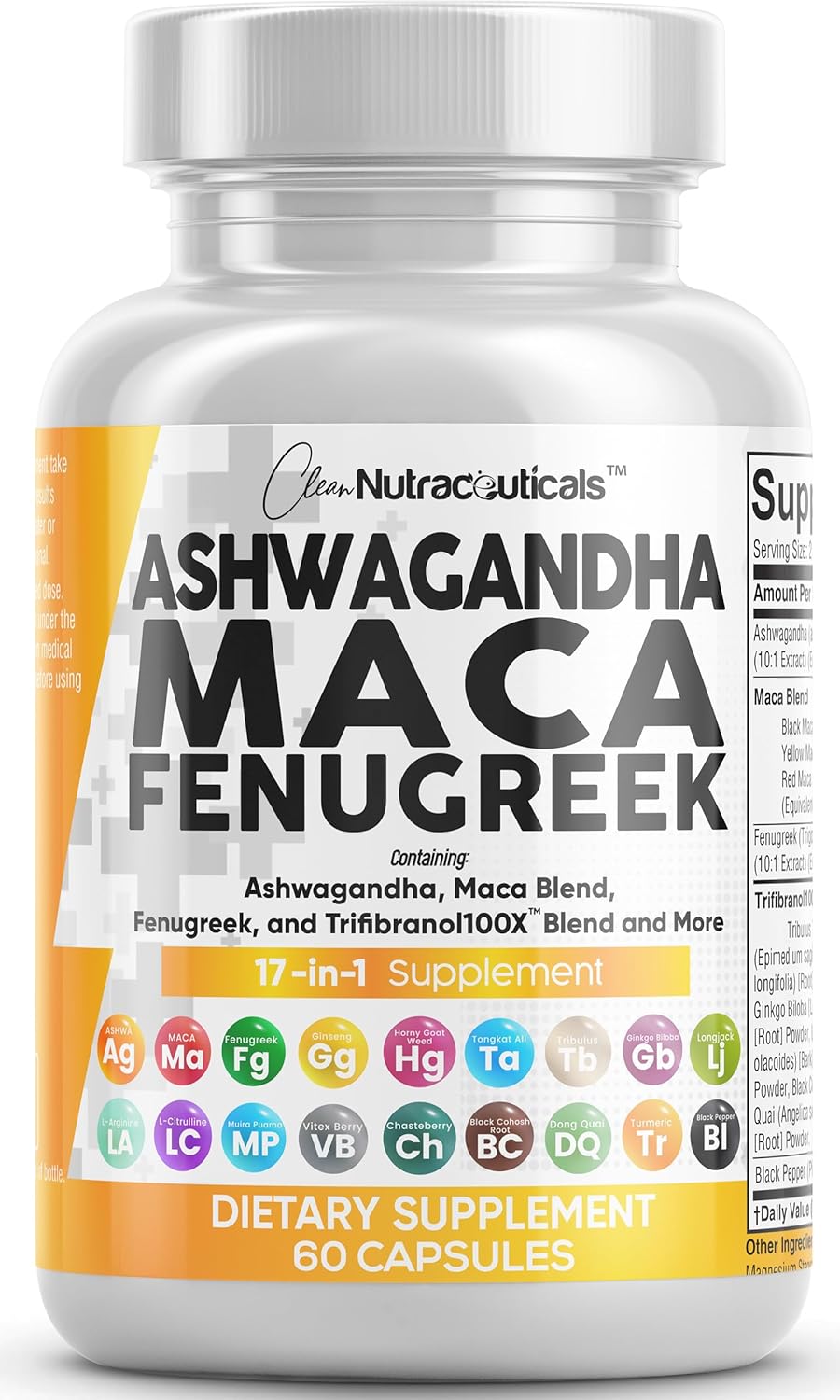
What if natural testosterone boosters don’t work?
While natural testosterone boosters and lifestyle changes can help boost testosterone levels, in some cases, medical treatments may be necessary. It’s important to note that all medical treatments for low testosterone require a doctor’s decision, consultation, and ongoing monitoring to ensure safety and effectiveness. These treatments are typically prescribed for men with diagnosed hypogonadism or severe testosterone deficiency.
1. Testosterone Replacement Therapy – TRT is the most direct and effective medical treatment for men with low testosterone levels. TRT involves administering synthetic testosterone via injections, gels, patches, or pellets. While TRT can help restore normal testosterone levels and improve symptoms like low libido, fatigue, and muscle loss, it carries certain risks, including an increased risk of cardiovascular disease and prostate issues (NIH).
Since TRT can cause side effects, it must be closely monitored by a healthcare professional, who will adjust dosages as needed and perform regular blood tests to check for any complications.
2. Clomiphene Citrate– Clomiphene Citrate, often used to treat infertility in women, is another option for boosting testosterone in men. It works by stimulating the body’s natural production of testosterone without affecting fertility. However, this medication should only be taken under the supervision of a doctor, as it may have side effects and requires dosage adjustments based on individual hormone levels (NIH).
3. Human Chorionic Gonadotropin (hCG)– hCG therapy is often used in men who want to boost testosterone while maintaining fertility. This treatment mimics the action of luteinizing hormone (LH), stimulating the testes to produce more testosterone. Like other hormonal treatments, hCG requires careful monitoring by a healthcare provider to prevent adverse effects and ensure that testosterone levels stay within a safe range.
Habits to Never Needing Natural Testosterone Boosters Again
In addition to supplements and medical treatments, lifestyle changes can play a significant role in maintaining healthy and natural testosterone levels. Below are some habits to prevent testosterone deficiency:
1. Exercise Regularly– Regular physical activity, particularly weightlifting and high-intensity interval training (HIIT), has been shown to increase testosterone levels. Strength training exercises, in particular, stimulate testosterone production, helping maintain muscle mass and strength as you age.
2. Balanced Diet and Nutrition– Diet plays an essential role in hormone production. Eating a diet rich in proteins, healthy fats, and nutrient-dense carbohydrates can support healthy testosterone levels. Foods rich in zinc, magnesium, and Vitamin D, such as oysters, leafy greens, and fatty fish, are especially beneficial for testosterone health.
3. Get Quality Sleep– Lack of sleep or poor-quality sleep can have a detrimental effect on testosterone levels. Studies show that men who sleep less than five hours a night can experience a significant drop in testosterone production. Aim for 7-9 hours of restful sleep each night to maintain healthy hormone levels.
4. Reduce Stress– Chronic stress elevates cortisol, which can lower testosterone levels. Adopting stress-management techniques such as meditation, yoga, or deep-breathing exercises can help reduce cortisol and support testosterone production.
5. Avoid Excess Alcohol and Drug Use– Excessive alcohol consumption and drug abuse can negatively impact testosterone levels. Alcohol impairs the function of the testes, where testosterone is produced, while drugs like opioids can suppress the body’s hormone-regulating mechanisms.
When do I need natural testosterone boosters?
Low testosterone can cause decreased muscle mass, fatigue, low libido, mood swings, and difficulty concentrating. If you’re experiencing these symptoms, a blood test can confirm if your testosterone levels are below normal (Endocrine Society).
Understanding the causes of low testosterone is key to finding the right treatment. Common causes include aging, chronic illnesses like Type 2 diabetes and obesity, testicular injury, certain medications, and genetic conditions like Klinefelter syndrome (NIH).
Conclusion
Natural testosterone boosters can provide effective solutions for men dealing with low testosterone. By understanding the causes and symptoms of testosterone deficiency, you can take proactive steps to naturally enhance your hormone levels. Supplements like D-Aspartic Acid, Fenugreek, and Zinc, combined with a healthy lifestyle, can support testosterone production and overall vitality.
However, before starting any new supplement or medical treatment, it’s important to consult a healthcare professional to determine the most appropriate option for your individual needs.
Testosterone deficiency doesn’t have to control your life. With the right approach, you can improve your hormone levels and maintain a healthy, active lifestyle.

Leave a Reply